
How Your Feet Are Warning You About Liver Problems: What You Need to Know
Most people never think to connect their feet to their liver—but they should. While the liver is a silent worker, crucial for filtering toxins and maintaining your body's overall balance, it sometimes sends early distress signals through your feet. These subtle signs can offer the first clue that your liver may be struggling. Recognizing them early could help prevent serious damage.
Here’s what your feet might be telling you—and when it’s time to take action.
1. Swollen Feet and Ankles

Occasional swelling after a long day is normal. But persistent puffiness, especially around the ankles, could be a red flag. When the liver is impaired, it can’t produce enough proteins like albumin, leading to fluid leakage into surrounding tissues—most visibly in the lower extremities. This condition is known as edema.
What to do:
-
Elevate your feet throughout the day
-
Reduce sodium in your diet
-
Speak with a healthcare provider if swelling becomes frequent
2. Dry, Itchy Soles
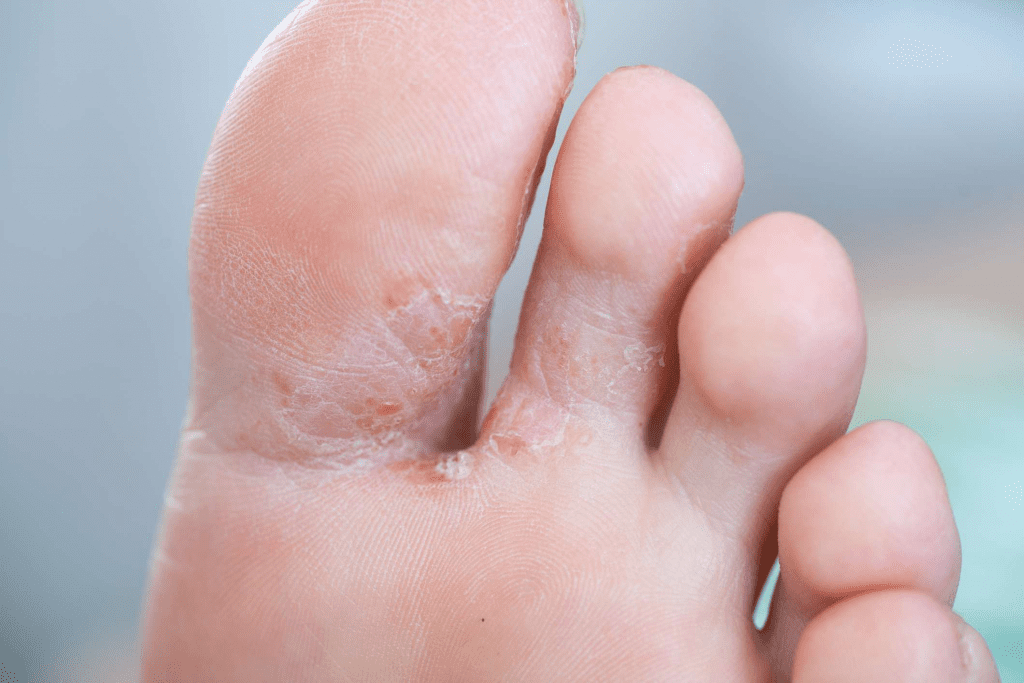
Dry feet can result from weather or footwear, but chronic itchiness, especially on the soles, may indicate bile salt accumulation in the bloodstream—a result of poor liver function. This is often a symptom of cholestasis, a liver condition that disrupts bile flow.
What helps:
-
Apply unscented, moisturizing creams
-
Avoid scratching to prevent infection
-
Consult a doctor if itching worsens or spreads
3. Red or Blotchy Feet

If you’ve noticed redness or flushing in the palms or soles, this could be palmar erythema—a skin sign commonly linked to liver disease. Though painless, it’s often associated with hormonal imbalances caused by poor liver detoxification.
Watch for:
-
Blotchy redness on the soles
-
Mild warmth or swelling
-
Additional signs like fatigue or easy bruising
4. Tingling, Burning, or Numbness
These nerve-related symptoms may be familiar to people with diabetes, but they can also occur in those with liver disease—especially advanced stages like cirrhosis. Liver dysfunction can lead to peripheral neuropathy, affecting the nerves in your feet and legs.
Action steps:
-
Wear cushioned, well-fitting shoes
-
Examine your feet daily for injuries
-
Ask your doctor about liver testing if symptoms persist
5. Unexplained Bruising
The liver plays a major role in blood clotting. If it's not functioning well, you might notice bruises forming easily, even from light bumps. If these appear on your feet or toes without clear cause, it could be a warning sign.
Look out for:
-
Frequent bruises or slow-healing cuts
-
Yellowing skin or eyes (jaundice)
-
Fatigue or loss of appetite
🚨 When to See a Doctor
If you're experiencing two or more of these symptoms—especially along with yellow skin, dark urine, fatigue, or nausea—it’s time to get your liver function checked. Many liver diseases develop quietly. Your feet might be the only visible alarm.
🛡️ Simple Habits to Support Liver and Foot Health
-
Stay hydrated with plenty of water
-
Cut back on alcohol and processed foods
-
Add leafy greens, fiber, and healthy fats to your diet
-
Keep moving—daily walks improve circulation
-
Choose supportive footwear and care for your feet daily
Final Thoughts
Your feet don’t just carry you—they communicate your internal health. Paying attention to them could be your first defense against liver-related issues. Don’t ignore what your body is trying to tell you.
👉 Share this with someone who might need it. Have you noticed any of these signs? Comment below.
Disclaimer: This article is for educational purposes only. It is not a substitute for medical advice. Please consult a qualified healthcare provider if you have any concerns.
News in the same category


Health Benefits of Drinking Bay Leaf Tea on an Empty Stomach

Cancer May Be Painless at First, But These 8 Toilet-Related Signs Mean You Should See a Doctor Early – Don’t Ignore Them
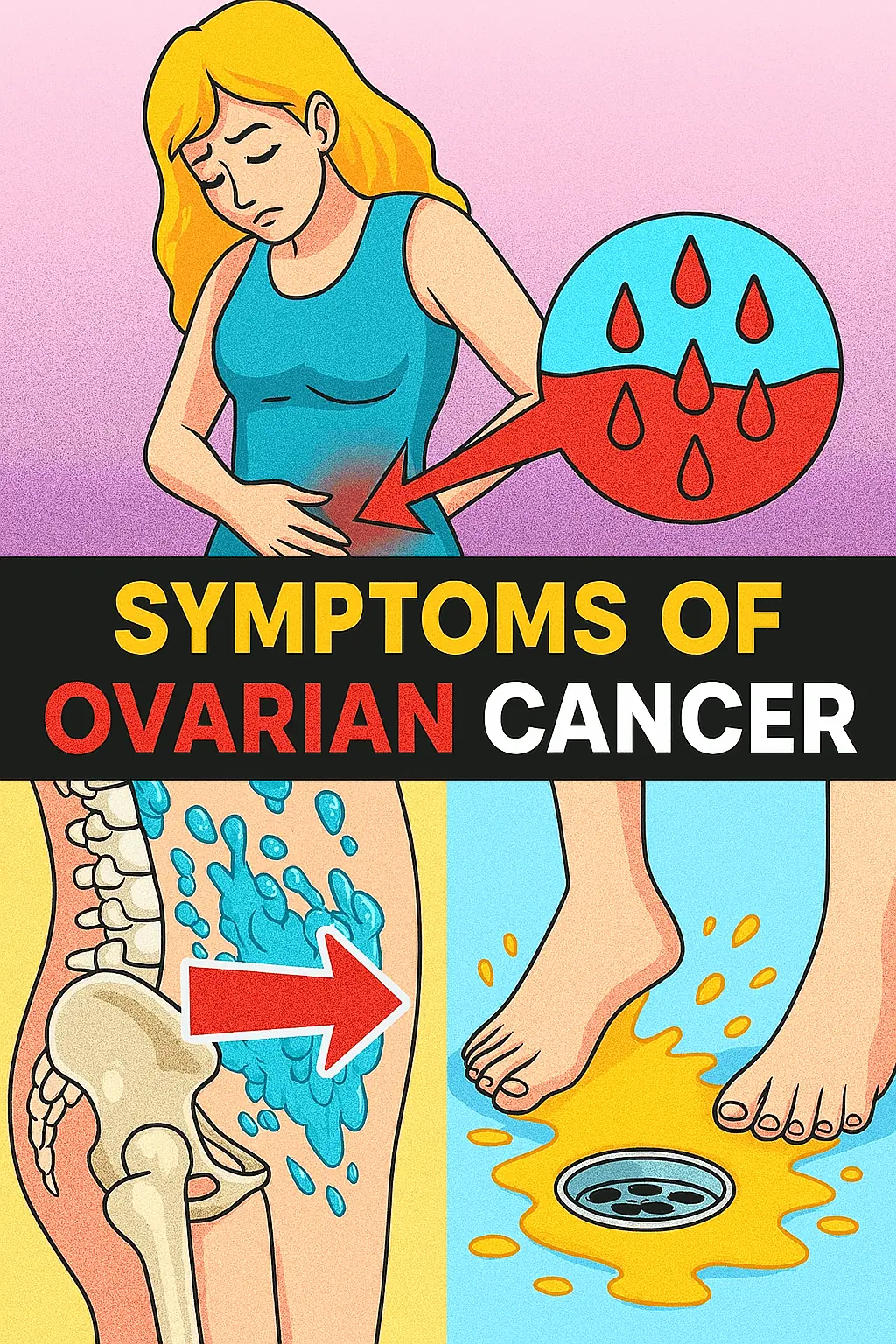
The Hidden Connection Between Ovarian and Breast Cancer

Vaseline & Coffee Erase Wrinkles Instantly! The 100-Year-Old Anti-Aging Secret You Need to Try!

8 "Friendly Enemies" of Diabetes – Snack Smart Without Spiking Blood Sugar!

Top Foods to Avoid After 60 for Better Health

Prostate Cancer: 4 Symptoms Commonly Mistaken for Other Conditions

Busy Work Schedule: Is Sleeping Only 5–6 Hours a Night Harmful?
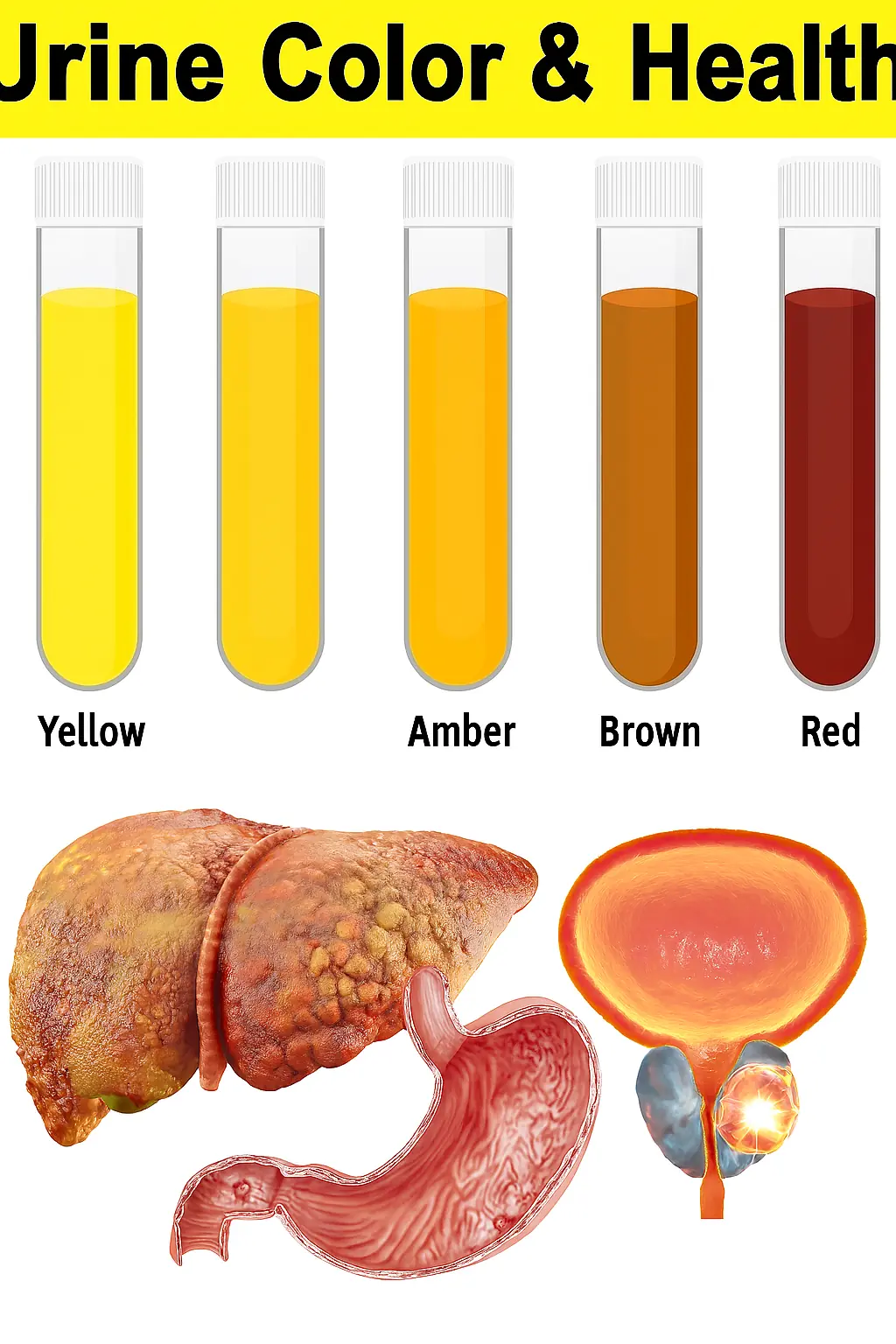
What Your Urine Color Really Says About Your Health (It’s More Interesting Than You Think)

Doctor Warns: 4 Food Storage Habits in the Refrigerator That May Cause Cancer
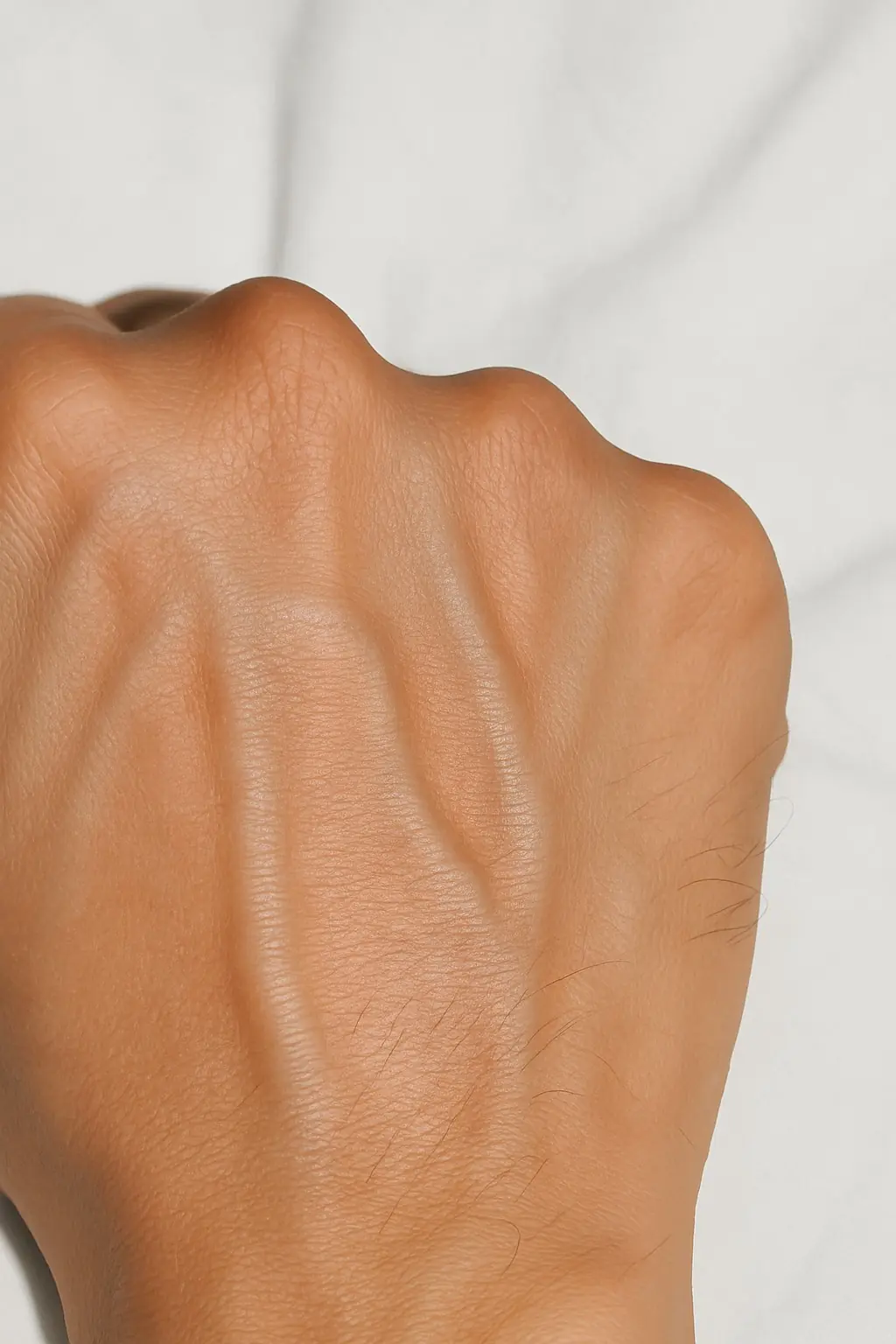
Visible Veins in the Hands: Health Signs You Shouldn’t Ignore

Kidney Cancer in Children: Warning Signs Parents Should Never Ignore

Two Pig Parts That May Contain Cancer Cells: Avoid Them to Protect Your Health

13 Fatal Mistakes When Using Lemon Water That You Need to Avoid
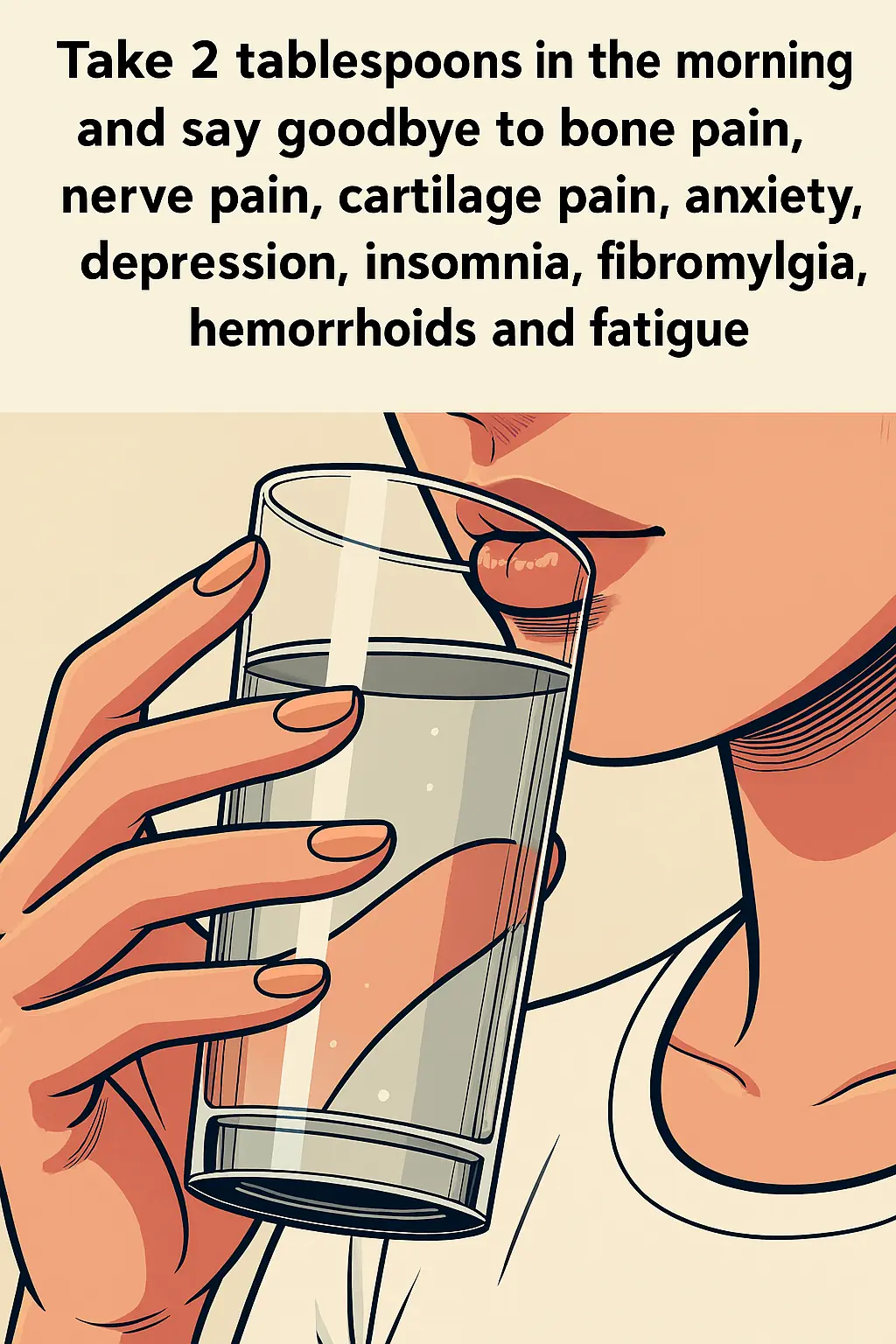
Two Spoons in the Morning: A Natural Remedy for Bone Pain, Diabetes, Nerve Health, and Depression

Warning from Hospital : Eating this type of meat daily may increase cancer risk – Don’t ignore it!

Men Who Neglect This Crucial Practice Face 45% Higher Risk of Prostate Cancer
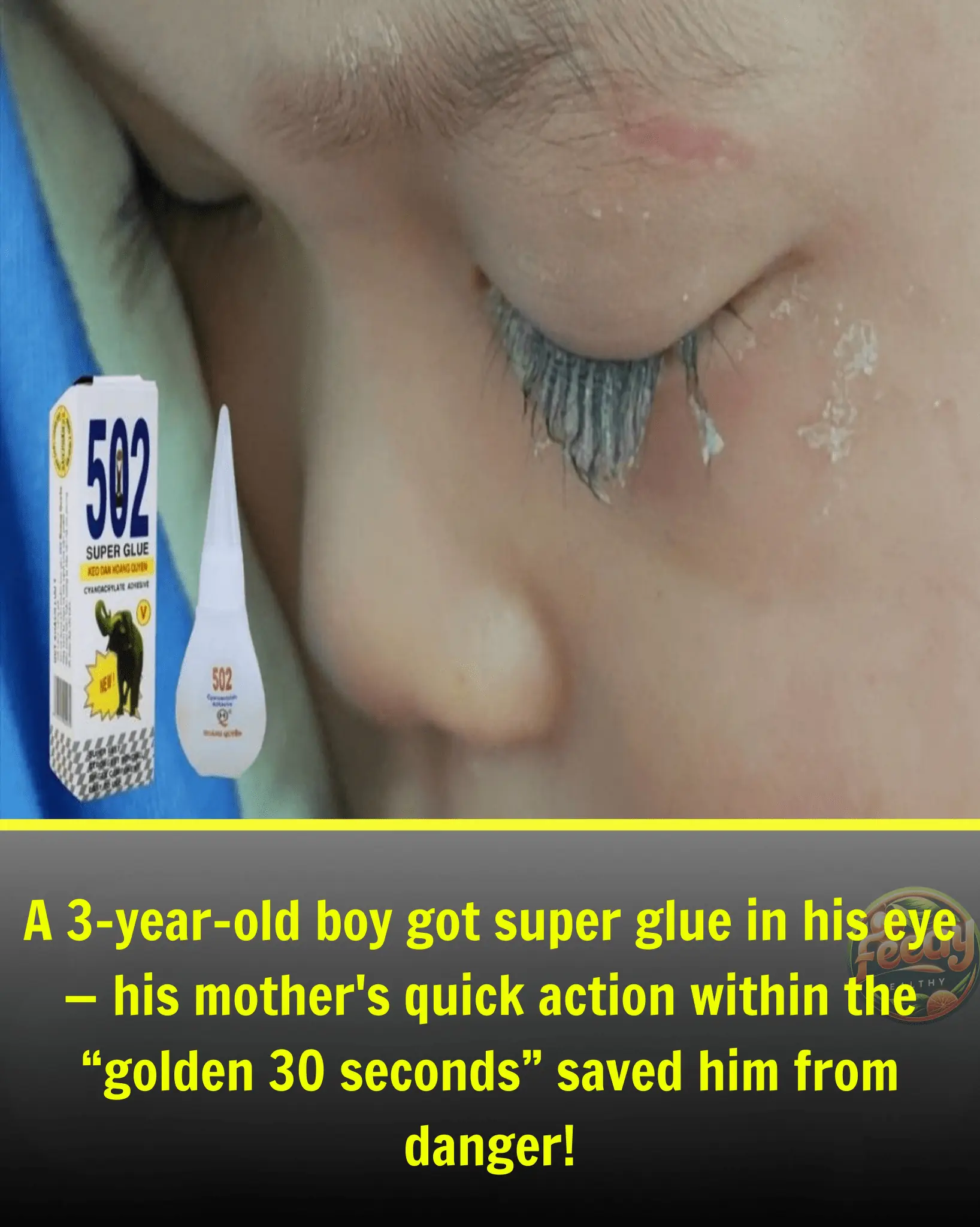
3-Year-Old Boy Gets Super Glue in His Eye: Mother's “Golden 30 Seconds” Action Saves Him from Blindness
News Post

Emergency Warning Issued: “Do Not Eat” Dubai-Style Chocolate Bar Recalled

Health Benefits of Drinking Bay Leaf Tea on an Empty Stomach

Okra Chia Detox Drink : Reverse Your Skin Age 1 Glass At A Time

Amazing benefits of vitamin E for your skin

Clove Anti-Wrinkle Gel: Better Than Botox

Clove Water Spray: “Botox in a Bottle”

Cancer May Be Painless at First, But These 8 Toilet-Related Signs Mean You Should See a Doctor Early – Don’t Ignore Them

The Hidden Connection Between Ovarian and Breast Cancer

Vaseline & Coffee Erase Wrinkles Instantly! The 100-Year-Old Anti-Aging Secret You Need to Try!

8 "Friendly Enemies" of Diabetes – Snack Smart Without Spiking Blood Sugar!

CEO CAUGHT IN AFFAIR WITH EMPLOYEE DURING COLDPLAY CONCERT

Unveil Stunningly Dark Mehndi with This Kitchen Spice Secret

Top Foods to Avoid After 60 for Better Health

How to Make Honey Fermented Garlic – A Natural Immune Booster

Homemade Parsley Mask for Aging Skin

Pour Beets into Boiling Milk! You Won’t Go to the Store Anymore – Only 3 Ingredients! 🥛

Drink a Glass of Garlic Water Every Day – See What Happens to You

Cucumber and Okra Water: 6 Amazing Benefits
